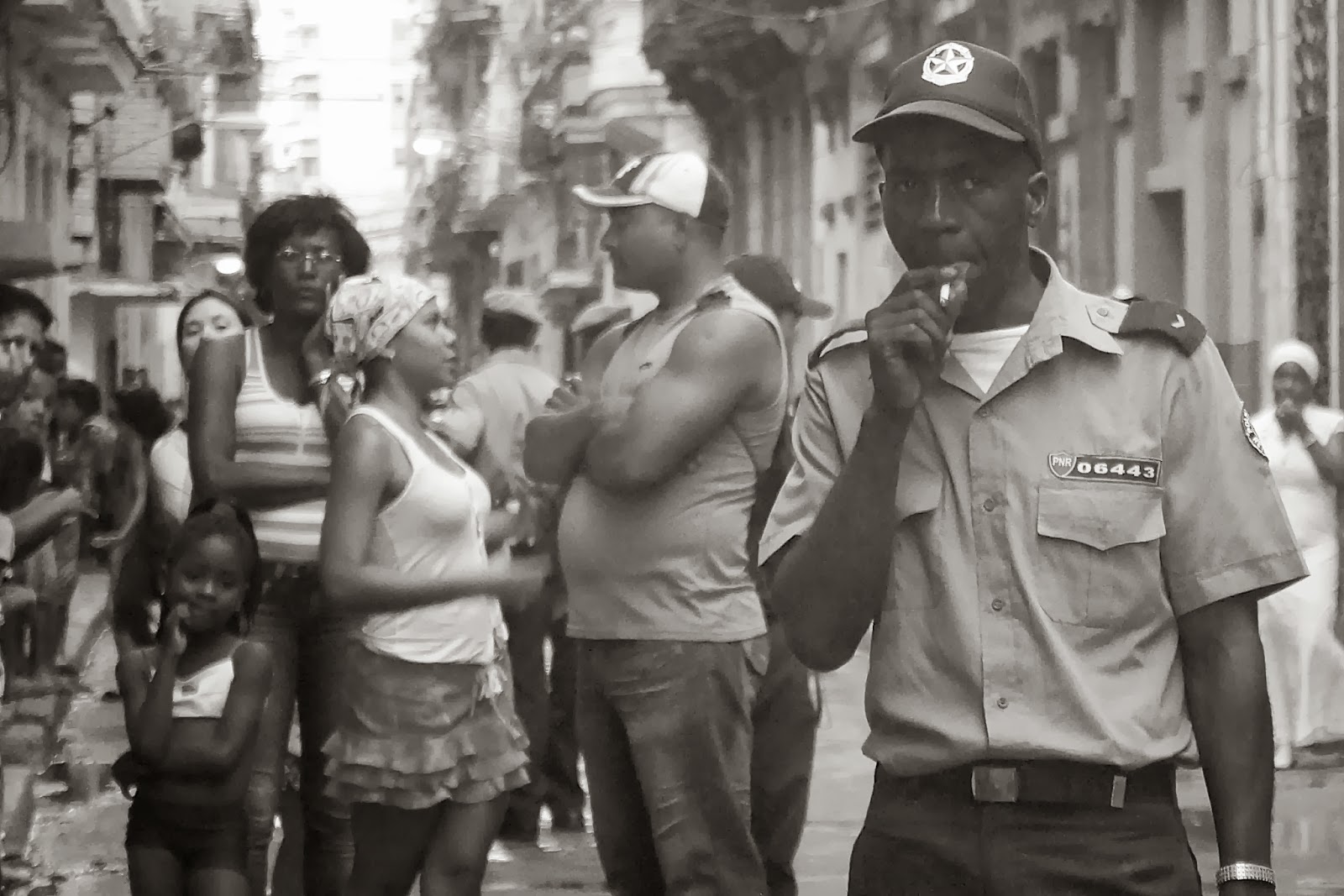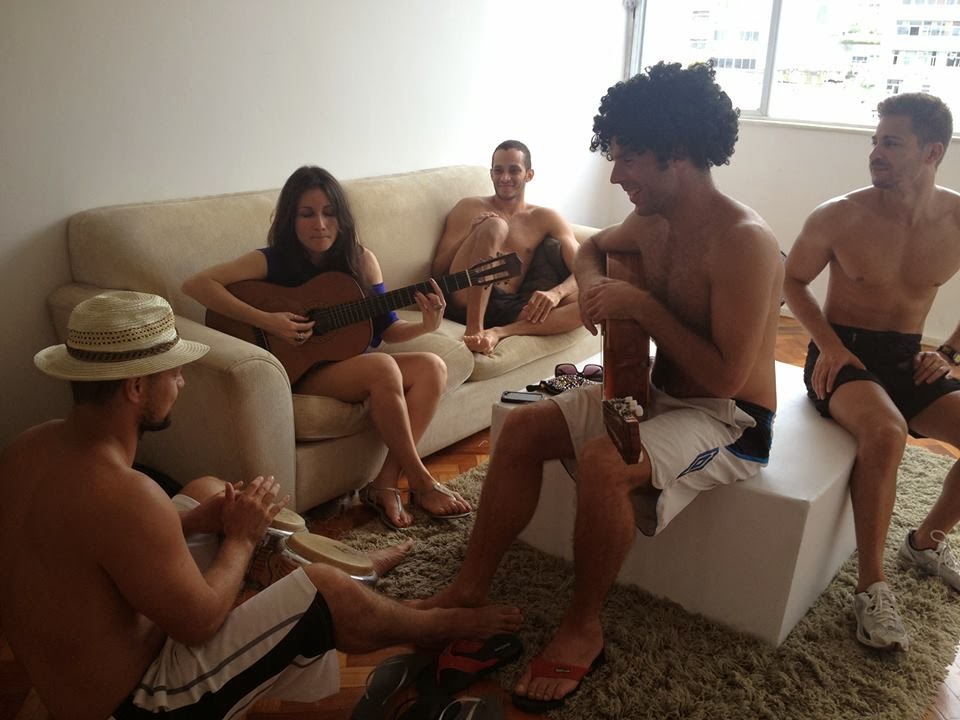Exploring another continent's Agriculture
One of the most important thing that one can experience, is living in a cultural context of harmony with nature and getting inspiration from it. Alexandra traveled to Indonesia to conduct research in her academic field, by the fields of Indonesian villagers.
Name: Alexandra Mitsiou
Age: 28
From: Athens, Greece
Trip started from: The Netherlands
To: Indonesia
For: Research
1. Your motivation to go abroad.
"I love
traveling and this was a great opportunity to combine it with my studies."
2. How did you choose Indonesia?
"The choice
was mainly directed from the research opportunities offered by my masters which
was focused on the tropics but also from personal choice and the fact that I
was curious to visit and explore this part of the globe."
3. What did you do there? For how long?
"I went
there for 3 months to do a socio-economic research on the impacts of oil palm
cultivation on the forest and the local communities in Kutai Barat district."
"My background
is a MSc in Environmental Biology and my basic interest is in the field of
sustainability with special focus in sustainable agriculture and food
production."
"My base was
Barong Tongkok at Kutai Barat district in East Kalimantan but I also visited for
a few days Jakarta
6. The best thing about the city.
"There is
nothing exciting about Barong Tongkok that I could mention. It was more of a
research base close to the villages where I had to do my field work. However,
there were really nice villages close by where you could dive directly into the
‘Dayak’ lifestyle!"
 |
| Typical Dayak hut |
7. The people.
In general, I
would say that people are very nice (sometimes too nice that they will never
judge you or say that you are wrong); welcoming and excited to show you around
and make you feel at home.
The region where I was based is home of the ‘Dayak’
people and it was very fascinating to experience their cultural tradition,
mentality and customs. They still have values about social bonds and nature
that we in our western-minded society have forgotten or put aside as non-important
or non-profitable. In their society, family is the principal institution that
has to be protected, the elders are respected and considered as source of
wisdom and nature is the vital resource to be protected and handed in ‘healthy’
to the next generation."
8. The food.
"A lot of
rice and chilly! My favourite was the ‘sticky’ rice that is cooked with coconut
milk in a bamboo stick…"
9. Indonesian nights out.
"If we are talking about drinking and partying depends on where you are; in a touristic place where everything is possible, a village where booze is non-affordable or in one of the big cities that are the best example of the dominant religion in
"Again
varies a lot by region but I would say something about Dayak people that the style
of stretched ears was first launched by the Dayak women as an indication of
power in their tribe."
11. Something you found difficult to get used
to.
"The Muslim mentality and the fact that is not ‘right’ to expose your body as a woman even if we are talking about wearing short sleeves in the warm and humid Indonesian weather."
12. What you will keep forever form your
Indonesian experience.
"The traditional
Dayak ceremonies were a great experience to keep in memory. Moreover, the lifestyle
of Dayak people in the villages, which makes you revaluate the western way of
life, our priorities, goals and definition of happiness."
















































